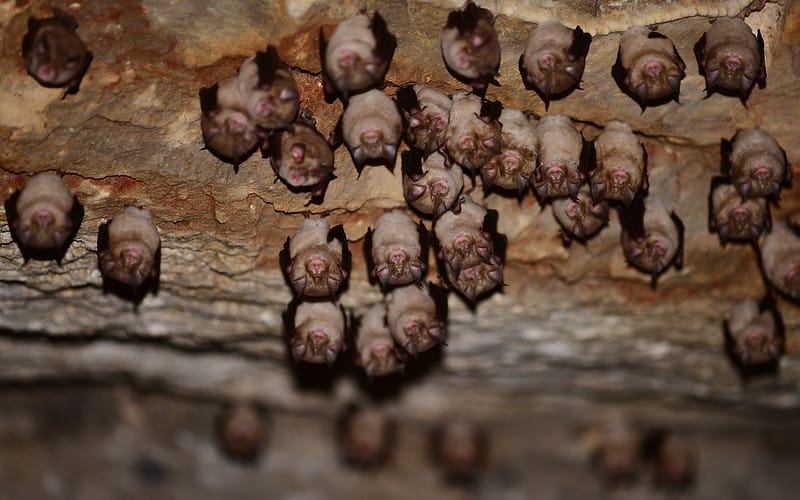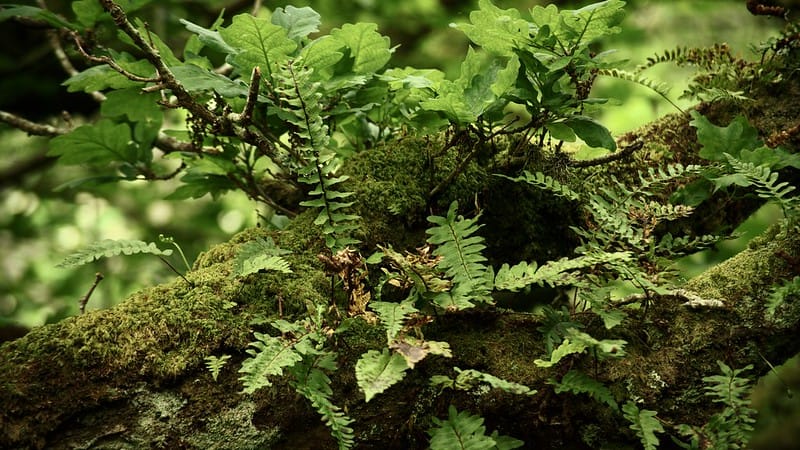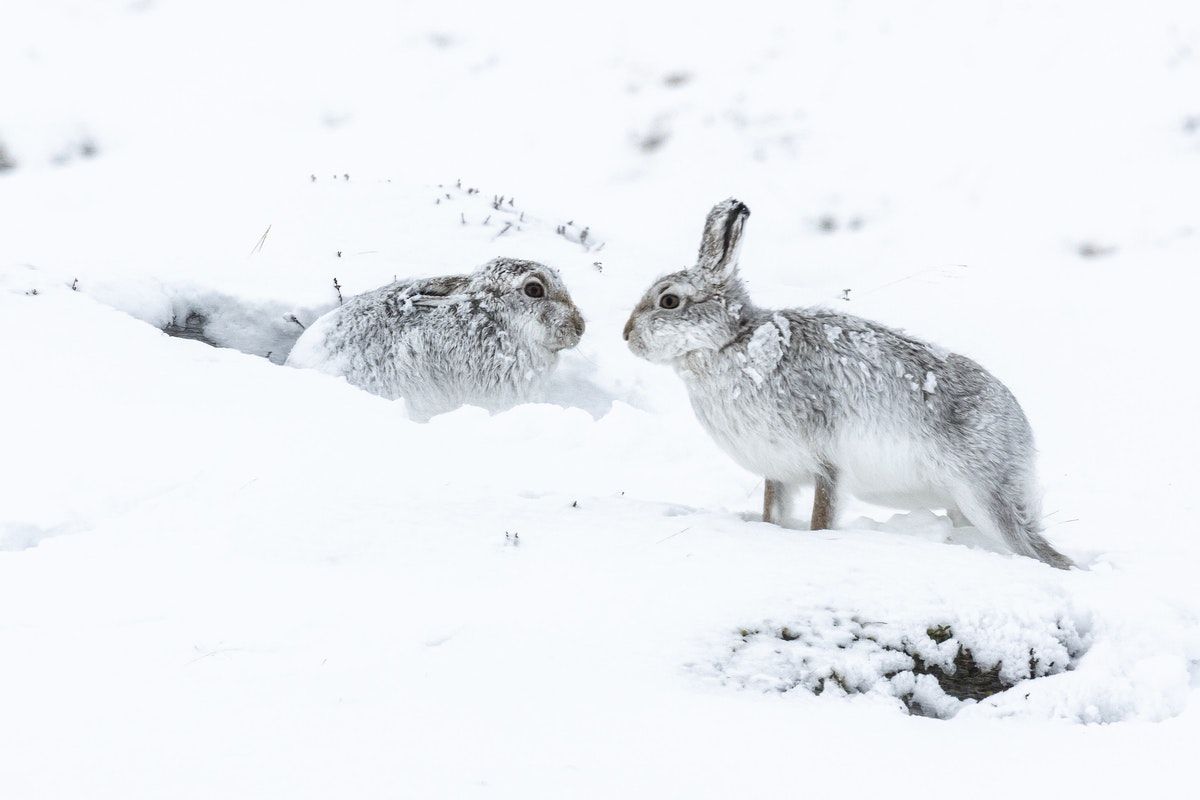
Mountain Hares & Angry Botanists
The latest news on nature and conservation in the UK.
National news
Animal protection | There has been a raft of headlines off the back of an animal protection bill that was voted through in Scotland by MSPs on Wednesday. Perhaps most notably, MSPs defied campaigning from gamekeepers and voted to ban the unlicensed culling of mountain hares. The story was covered by the BBC, the Guardian and the Scotsman. The RSPB has a blog explaining the details of the debate. Salmon farmers have also been banned from shooting seals, reports the Guardian. Beavers weren’t so lucky. One amendment proposed banning the licensed killing of beavers until the species has reached a favourable conservation status, reports the Times, but it was voted down by MSPs.
Invasive species | Artificial intelligence could be used to track down invasive species, reports the Telegraph. Scientists from the UK Centre for Ecology & Hydrology and a Birmingham-based AI company are developing a system that can quickly survey large and inconvenient areas, using cameras on top of vehicles. As well as learning to identify species like Japanese knotweed, rhododendrons, Himalayan balsam and cherry laurel, the AI will be taught to spot native ash trees, as they are at risk from ash dieback disease.
Trees | In the last edition of Inkcap, I pointed you to the government’s latest tree planting statistics. The responses have rolled in over the week. The Woodland Trust said that the planting figures were still well below the government’s target of 30,000 hectares of new woodland in England by 2025, while the Times said that the “Tory tree planting effort leaves a lot to be desired”. The i pointed out that the amount of forest managed sustainably had fallen for five years in a row. A Defra spokesperson said: “We are proud of our record on woodland creation but we know there is still more we can do.”
In other news:
- Environment secretary George Eustice says the Environment Bill is unlikely to return until September. Ends
- A Norwegian company is lobbying the Scottish government to support a neonicotinoid trial on salmon farms. The Times
- Natural England has approved just one licence to shoot seagulls this year, annoying farmers. The Telegraph
- The National Trust is urging people not to light barbecues due to fire risks. The Guardian
- The government has temporarily reissued six general licences for the control of wild birds, including carrion crows, Canada geese, and woodpigeons. Defra
Around the country
Oxford to Cambridge | The government has proposed a swathe of development in the south of England, called the Oxford to Cambridge Arc. This week, a coalition of NGOs, including the RSPB, Woodland Trust and local Wildlife Trusts, published a set of principles that should guide this development, including protecting and restoring nature. However, the intervention did not go down well with campaigner George Monbiot, who criticised the NGOs for failing to take a stronger stance against the proposed expressway project. The NGOs said that they had been assured this road project would not go ahead. You can see how that conversation went here.
Uist | A dramatic tale from the Hebrides made the news this week, as a pod of 17 long-finned pilot whales beached on the island of South Uist. From Friday until Sunday, animals from the group repeatedly stranded and were refloated by islanders, ultimately saving ten of the creatures, reports the BBC. (The story includes the beautiful detail that one family sang a Gaelic song from a boat as the whales swam away.) A whale that beached three times near the Dee Estuary wasn’t so lucky – the BBC reports on its post-mortem.
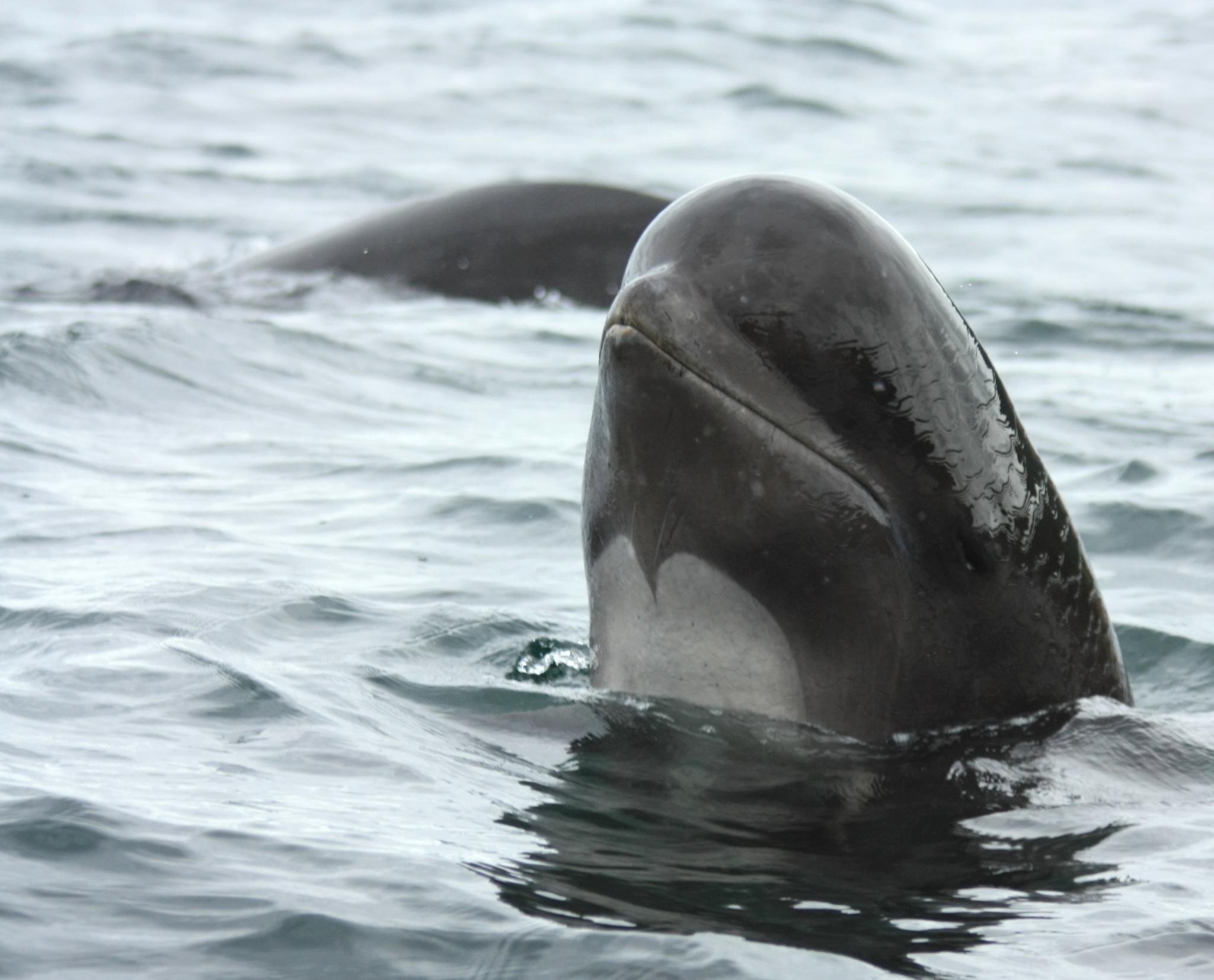
Leicester | Okay, it’s not the biggest story of the week, but I can’t help but highlight this anonymous one-man tree protection crusade. The Leicester Mercury reports that, when construction workers started damaging a protected tree, he “army rolled” into the site to collect evidence, and, at 6.30am, parked his car at the gates to prevent further work taking place and spent two hours attempting to reason with the company.
Elsewhere:
- Police are investigating after trees in Norwich were drilled and filled with diesel. Eastern Daily Press
- Peregrine falcon eggs have been illegally taken from three sites in the Peak District. BBC
- Some Northern Irish peregrines have raised a record-breaking five chicks this year. BBC
- The Peak District National Park Authority is lobbying against a new housing development in a woodland outside Sheffield. The Yorkshire Post
- A dairy farmer near Claudy in Northern Ireland is working with The Woodland Trust to prevent water pollution. BBC
- The Langholm Initiative has received £1million towards its community land buyout in the south of Scotland. Mark Avery’s blog
- The Manx Wildlife Trust and the Manx National Farmers Union have signed a Memorandum of Understanding to work more closely together. MWT
Reports
25 year plan | The government has published its latest progress report on the 25 Year Environment Plan, showing how the UK has and hasn’t met its environmental goals over the past year. It is generally a disappointing read. “Sadly, it showed that the condition of our finest wildlife sites has flatlined over the past decade, relative abundance of priority species in the UK fell by 60% since 1970, pollinator populations are down, while pressures, such as from extreme weather, are growing,” writes Martin Harper, the RSPB's global conservation director, in his blog.
Trees | The Conservative Environment Network has published a briefing aimed at new councillors who want to increase tree cover in their area – though with its depth of detail on policy, examples, funding and data, this should be interesting to anyone who wants to better understand tree planting in the UK.
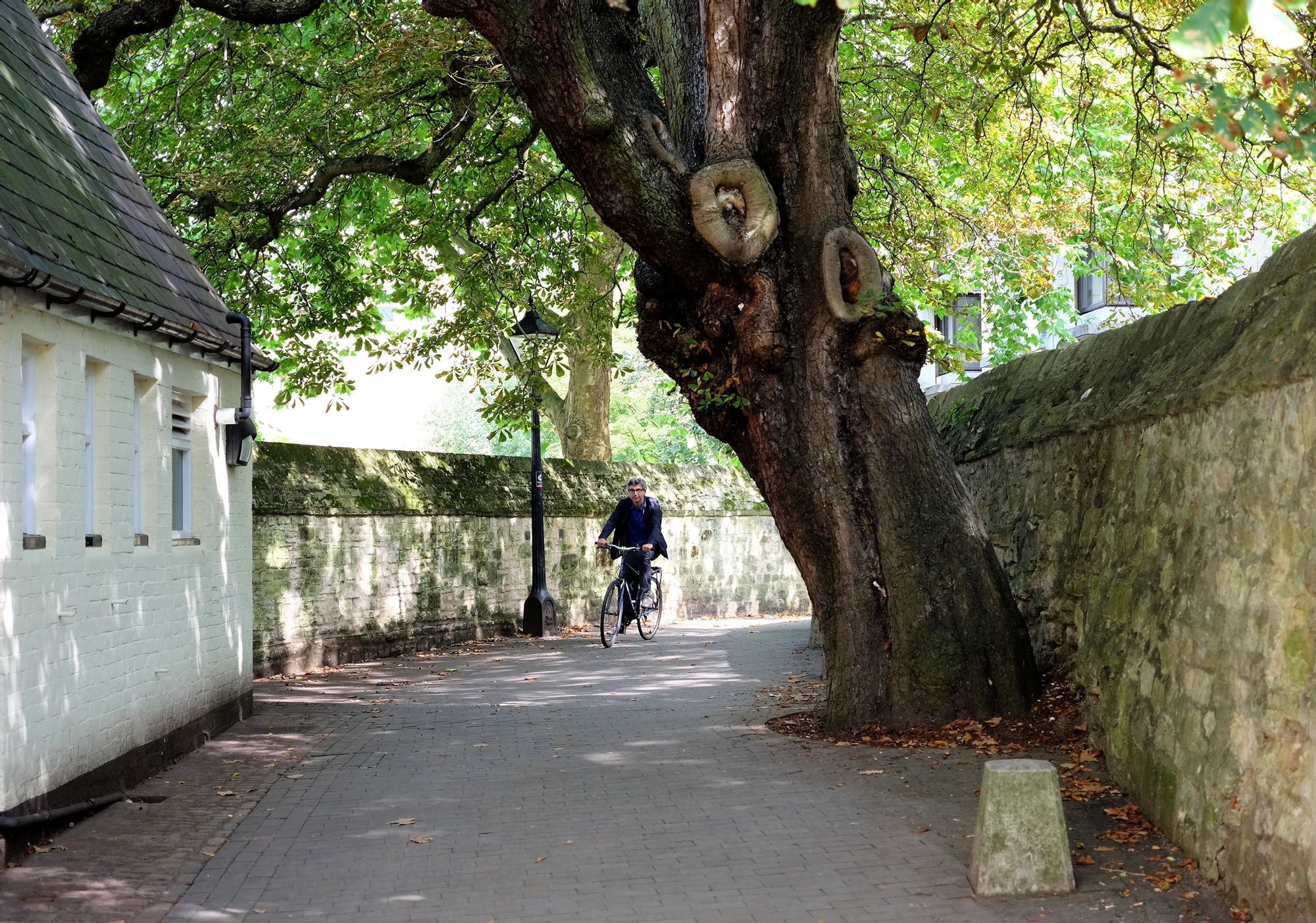
Pesticides | The government’s Expert Committee on Pesticides has released its annual report. It says the focus of its work this year has been Brexit, and in particular, “establishing procedures that will enable the Government to procure independent scientific advice related to the approval of pesticides”.
Science
Squirrels | Pine martens help to control invasive grey squirrels and can therefore boost red squirrel populations, according to research by academics at Queen’s University, Belfast, and published in the Journal of Applied Ecology. However, the impacts are limited, as grey squirrels can still take refuge in urban areas. The study was covered by the Guardian and was summarised by the British Ecological Society. The lead author has also written a useful Twitter thread on his work.
Driftwood
Angry botanists | An unlikely war broke out last week on Twitter between the veteran conservationist Chris Packham and, as he termed them, a crowd of “angry botanists”. The subject of this unlikely bust-up was Musselburgh roundabout in Scotland, which had been planted with a non-native wildflower mix. Anyway, the furore has prompted a couple of interesting blogs that are worth your time, including botanist Kevin Walker on why wildflower-rich grasslands are so important to botanists, and conservationist Miles King on what this says about how we value nature.
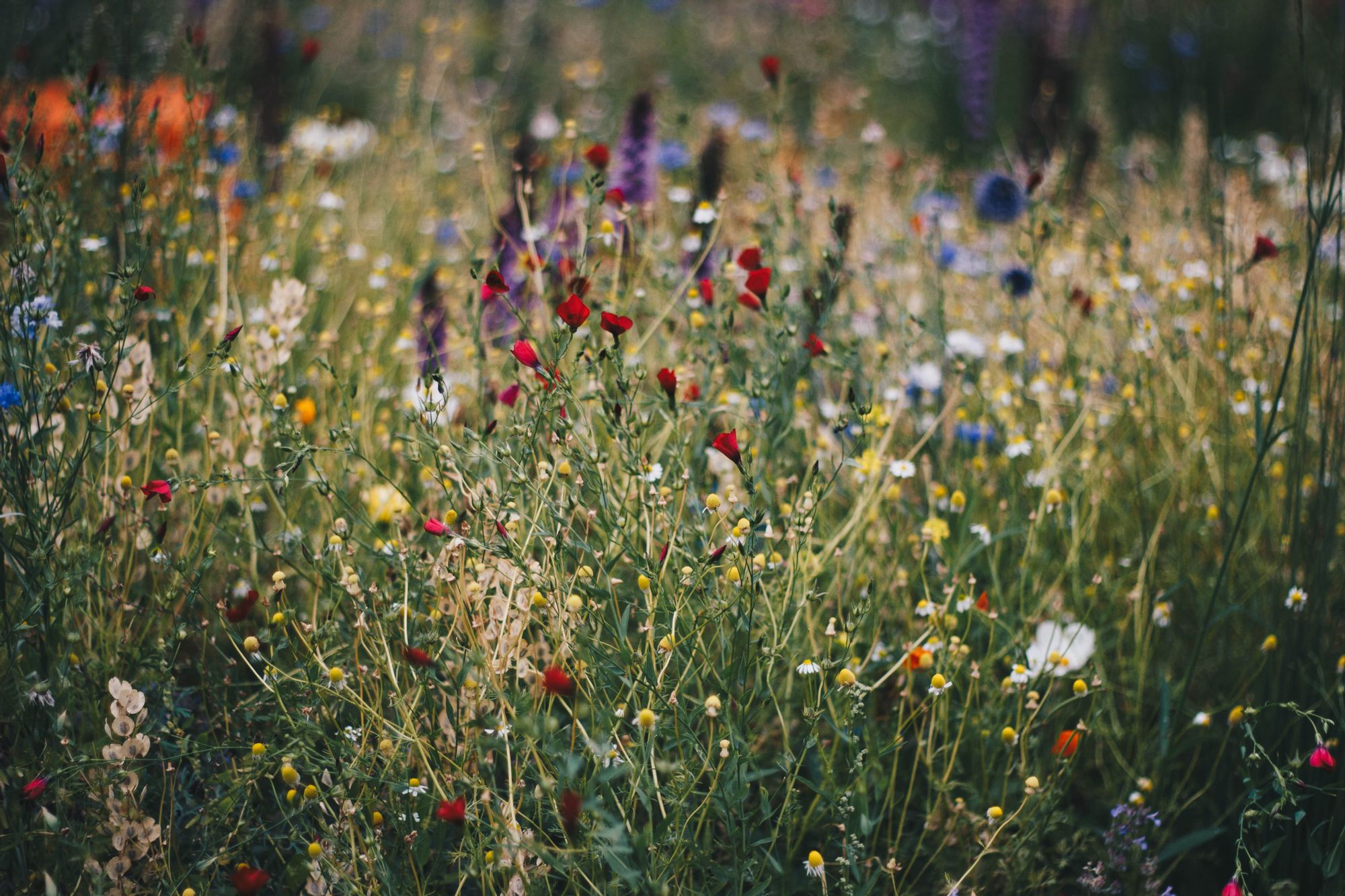
Education | Outdoor learning could soon be more of a feature of education in Wales, with the publication of the “Keep Education Safe” guidance highlighting the role that this can play as children return to school and adapt to coronavirus. Natural Resources Wales said that they were “delighted” at this approach, adding: “Helping every child in Wales experience and value the natural environment is one of our core aims as an organisation.” Separately, but in a similar vein, the Guardian published an editorial in support of a natural history GCSE.
Racism | At least two important ecology organisations have released statements on their commitment to tackle racism. The UK Centre for Ecology & Hydrology said: “We will review our structures, partnerships and practices to see if they are appropriate for tackling racism. We will strive to address the barriers and discrimination faced by black people.” The British Ecological Society issued a longer statement, saying that, “We acknowledge that there is systemic under-representation of Black people in the ecological sciences,” and pledged to reflect on a number of ways to address this.
Further reading:
- Here’s a nice video about 14 year old birdwatcher, Indy Kiemel Greene. BBC
- A blog on how to tell whether climate adaptation actions are actually working. British Ecological Society
- The UK’s exceptionally warm spring may lead to an increase in blue-green algal blooms. CEH
- The CPRE on how the Agriculture Bill should support council-owned county farms. CPRE
- Natural England’s CEO Marian Spain blogs about the People and Nature Survey. Natural England
- The government has responded to the latest Natural Capital Committee report. Defra
Happy days
Beavers | It feels like I write a section on beavers in almost every newsletter, and this isn’t the exception. The Beaver Trust has released a cool map showing where beavers are currently living in the UK, including whether they are wild or in enclosures. It turns out my closest beaver is in Cropton Forest. Where’s yours?
Image credits: Kristina Paukshtite, Barney Moss, James West, Lars Plougmann
Subscribe to our newsletter
Members receive our premium weekly digest of nature news from across Britain.
Comments
Sign in or become a Inkcap Journal member to join the conversation.
Just enter your email below to get a log in link.


